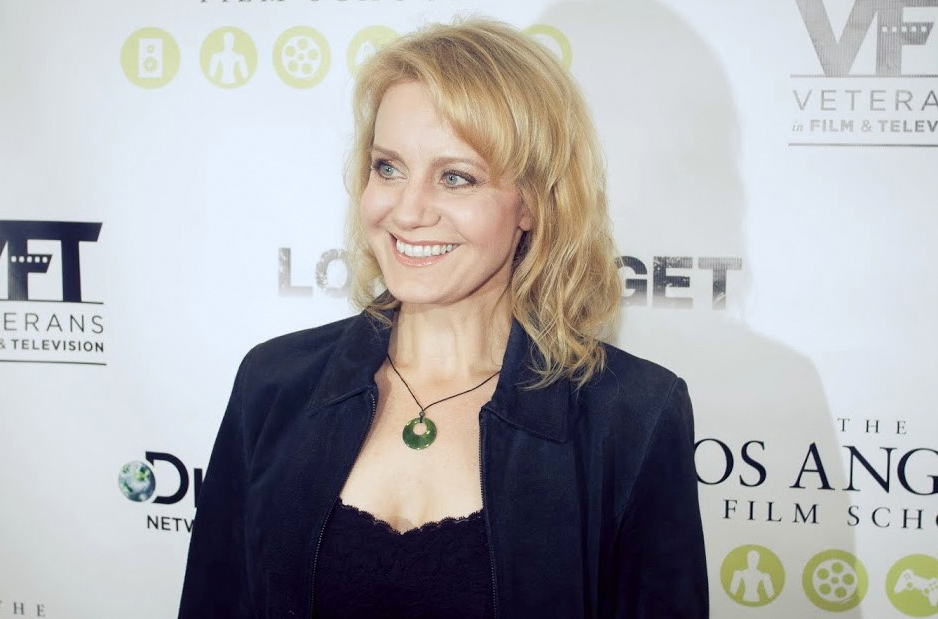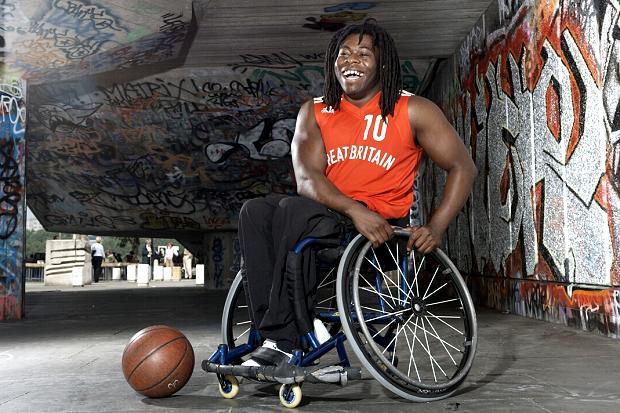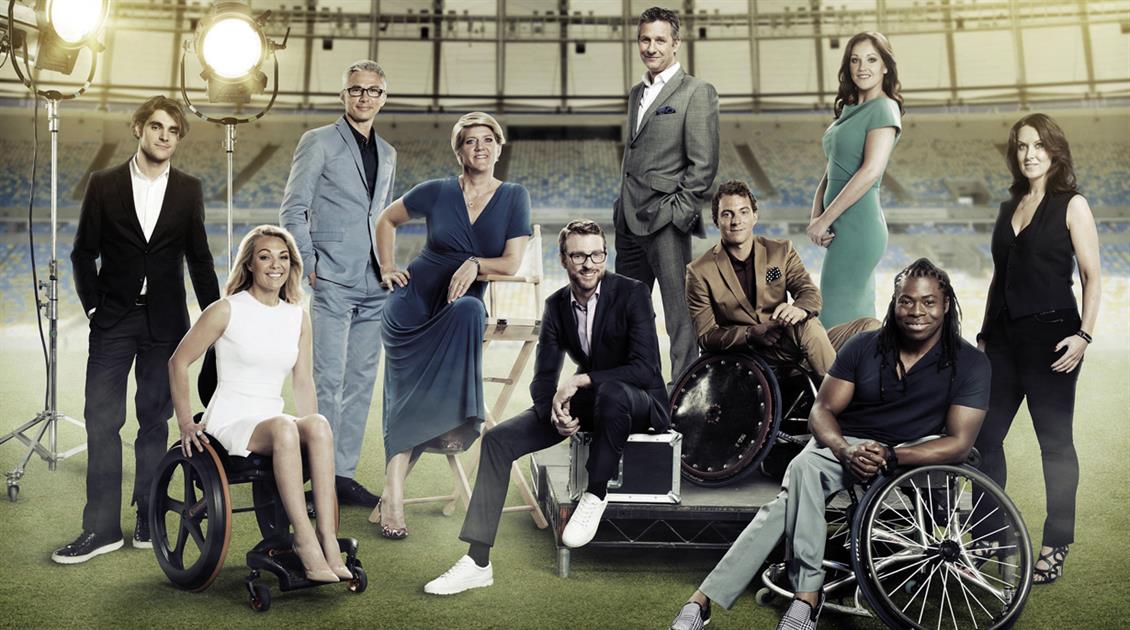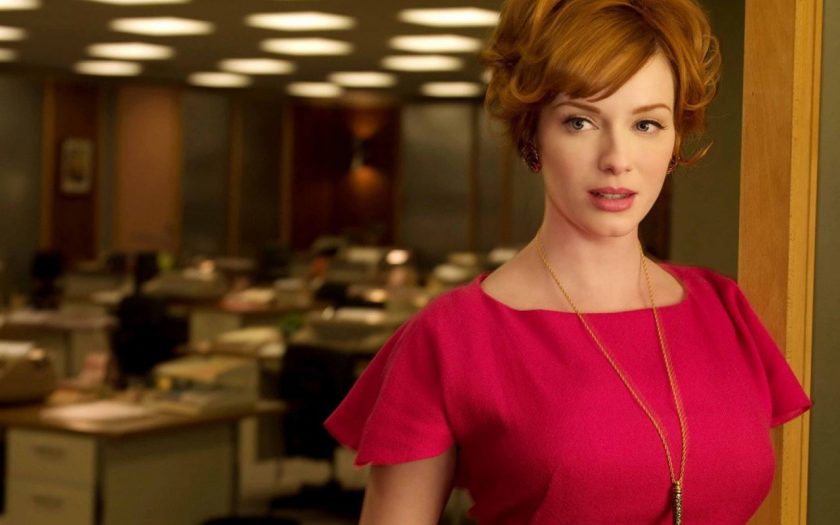In advertising everything and everybody is happy. In the betting adverts everybody wins. On holiday the sun always shines and the kids never bicker. The car adverts always have cars gleaming clean. They never get dirty!
The banks are always by our side – the payday lenders are only lending to happy people. Family scenes are joyous, blokes down the pub never have a cross word – and the people leaving the shops have gadgets that will always work.
And your sports team always wins. Huge smiles all round while the Pizza arrives!

AND HOLLIDAYS!
It never rains .. the sun always shines. There are no storms and nothing disturbs the greatest holiday you’ll ever have. The kids won’t quarrel, the food will be great, the waiters will hover and you will want to come back time and time again!
But notice something about these happy, clappy adverts – there’s hardly ever a disabled person in sight! And in one of the greatest mysteries of our capitalist world it seems like most businesses feel it commercially right and viable and prudent to ignore the 20% of the world’s population that is classified as being disabled. To them the disabled simply do not exist.
How can that be?
Because disabled people go on holiday, they use banks, they gamble, they spend money on clothing. They buy houses and they furnish them. They drive cars although they may have to adapt them. They are part of families and they also have families. And yet the advertising world ignores them. Virtually no disabled people appear in adverts. Disabled people, like their able-bodied counterparts, are consumers too!

Hollywood Actress Eileen Grubba with a disturbing story
Eileen Grubba was working alongside other actors on a TV commercial when she realised the director’s eye was caught by her uneven gate. He started positioning her out of shots -and then it got worse.
Shooting a scene on a bus, the director ordered Grubba to get up and move from her seat in the middle to one in the rear that was fully out of the frame.
Outraged she turned towards the director, “So now we’re going to make the disabled people sit at the back of the bus? That’s awesome.” (Eileen uses a leg brace because of a childhood spinal cord damage).

Ade Adepitan – TV Presenter and medal winning Paralympian
He was asked about disabled people in advertising, stating, “The ad world is out of touch. What do I think of the portrayal of disabled people in advertising? The main problem is that it’s really hard for me to even think of any ads with them in.
That’s disappointing. In order to change perceptions and have progression in our society you have to represent and reflect society as much as possible. I know lots of disabled people and I don’t see them in advertising.
Perhaps the people running these campaigns and companies don’t believe that having a disabled person in an ad would help it sell. Maybe they think it would actually turn people off. But I don’t think most people will care. You just have to look at the amount of hits and the global impact that the last Channel 4 Paralympic promo generated – and that had over 140 disabled people in it. As long as it’s filmed right, the story is told right and it is cut the right way, people are interested.”

……………………………………………………………………………………………………………….
We believe advertising always strives to show perfection. No grime or a bump on that car. No rain on the holiday. No losing bets and your friends and family never fall out. But that’s not life.
In the UK the purple pound is worth over £250bn – and advertisers ignore that at their peril.
But advertisers will tell you that what they do and how they portray their products works. But how much better would it be if they directed their products towards 100% of the population – including the 20% that is disabled? The disabled person looking at their car, the disabled person enjoying a holiday and the disabled person at the barbeque having a good time with family and friends.
Whilst showing negativity is not good policy for the advertiser – showing 100% of the population has to be.

